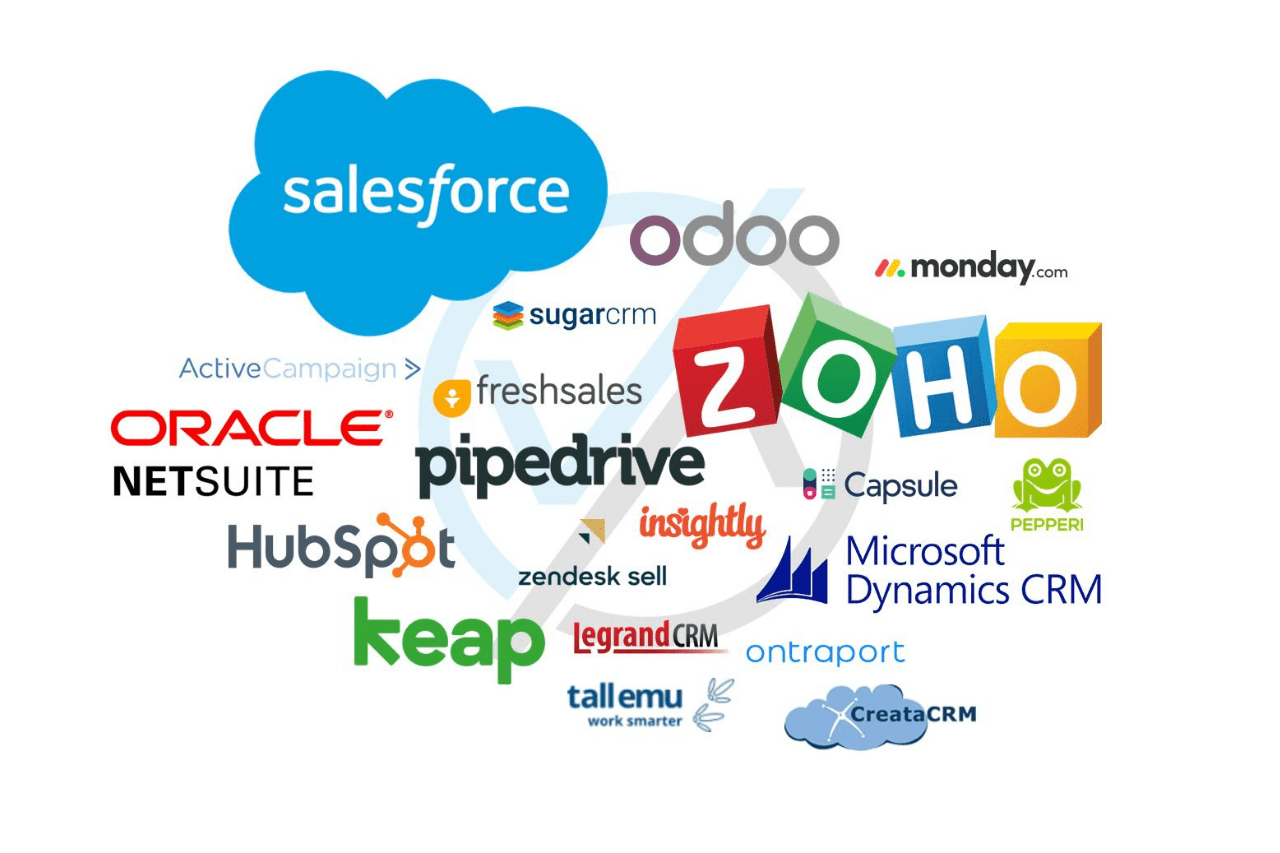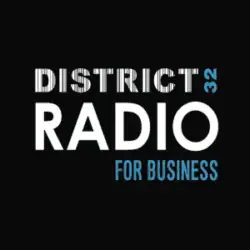A Customer Relationship Management (CRM) system is a crucial part of scaling a business nowadays. Customers are the biggest asset of a business, so managing the customer journey, from leads to long-term customer loyalty and engagement, is the only way to grow and nurture customer relationships.
There are several CRM systems to choose from, depending on the business’s size, the number of its customers, and the industry type. A robust CRM system, when seamlessly integrated across various departments, will drive up productivity and efficiency across different business areas, from marketing to sales to customer service and operations.
What does a CRM system do?
A CRM system done well will be a central software where all your customer information is kept and managed to track and grow customer satisfaction. Most companies will have their customer data scattered across various business systems and areas set up in their early days. As the business grows and customer numbers grow, there needs to be a more systematic and structured way to capture information from leads to customer feedback. Valuable customer data can get easily lost in a manager’s head, on local drives, and in sales reps’ phones. Information should be safely captured in a centralised database. A centralised CRM system that every team member can access is the only way to ensure that customer information is shared across the organisation to smoothly manage customer relations and expectations. Efficient communication, transparency, and business continuity are the key benefits of implementing a sound CRM system.
Are you ready for a CRM system?
Any business determined to scale significantly in the next 12 months will need to implement a robust CRM system to facilitate customer traffic growth in the organisation. A CRM ensures that you have a structured method to manage the influx of customers, manage relationships and convert incoming leads faster. B2B organisations will most likely benefit the most from a CRM system as they will need to track, qualify, and manage leads across long sales cycles and through various sales upsell paths. B2C companies can also benefit from a well-planned CRM system, especially if integrated with an online sales store or customer engagement campaign. Customer management systems are increasingly becoming important to small and medium-sized businesses now as they realise the potential of cross-selling and upselling various products and packages offered by the company. CRMs are becoming a business development tool as they integrate four critical departments of an organisation: marketing, sales, customer service, and operations.
Here are seven key benefits of having an effective CRM system in your organisation:
1. Managing leads more effectively
Lead generation contact forms are one of the main reasons that companies implement or even consider CRMs. These leads enable corporations to considerably reduce sales resource costs by developing a more automated sales process. By creating several forms on a website or various media platforms, leads can be captured and nurtured without any human interaction until the sales are complete.
2. Reduce human resource costs
A well-drafted leads funnel uses the CRM to capture leads, nurture leads, cross-sell and upsell products and capture feedback through a series of automated click-through options bypassing the need for any human interaction. Hence, this can reduce the need for expanding the sales team or customer service team as customer interactions are automated easily through the CRM. A sales funnel can get highly creative with a series of automated sales touchpoint questions that will keep the potential customer engaged longer. A CRM has various tools to enable lead management, customer service checks, and feedback to streamline and standardise customer management.
3. Capture valuable customer data
You can develop several forms to capture leads with a CRM system to capture multiple customer data. Hence why a good marketing strategy around understanding the customer psyche is so important. Records generated by a CRM system can contain the category fields that will reflect your core customer persona or critical demographic and psychographic traits that you had already pre-established. These fields enable organisations to collect data to segment and target specific customer groups. These contact fields will allow you to create customised and dynamic campaigns based on critical demographic attributes.
Targeted CRM campaigns and communications have a higher engagement rate.
4. Close the loop between sales and marketing
The gold standard of a CRM system is to enable seamless synergy between marketing and sales. A well-structured CRM system is the one tool that brings lead generation and conversion together. By carefully planning the customer acquisition journey with the right CRM, it is possible to attract, interest, capture, and convert prospective customers through a series of automated steps. With today’s technology, there is no need for marketing and sales to be outshining one another; in fact, they merge and become one of the same.
5. Integrate all areas of the business
CRMs are becoming more and more sophisticated and enable organisations to manage cross-departmental activities through one application. Choose a CRM system that allows you to manage team activities, customer journeys, and operational processes through one platform. Looking at the team management options available to you and your team will enable you to delegate essential customer management tasks and ensure continuity in the customer journey regardless of who is dealing with the customer. Ensure that your CRM system is fully integrated and can talk to various programs to minimise manual interaction and drive efficiency. A CRM system will become a competitive advantage to your business when it integrates with your ERP system to create an end-to-end view of the system.
6. Be proactive in driving customer engagement
A CRM system is only as good as you want it to be. Most CRMs today offer the ability to track and automate customer communications. Use your CRM‘s dynamic lists and email marketing tool to always keep your brand and services in front of your customers. Keep your contact with your customer frequent and relevant. Entice them with exciting new deals at least once a month and showcase how your services can improve their lifestyle through a series of carefully planned and structured EDM (Electronic Direct Mail) with a strong call to action. Launch emails – promotional and content emails are examples of the types of emails you should have in your marketing mix to promote customer engagement.
7. Harvest your CRM data
If you are using your CRM smartly, you regularly harvest and analyse customer interaction data and use it to craft new products and communication with your customer base. The point of having a CRM system is to retain and manage your customer database. The more customers you have in your database, the more effective your CRM is to drive sales and the less advertising dollars you will spend to gain new sales. Set a goal for your CRM-based quantity of new customers you want to attract in a year and set the bar higher and higher in terms of engagement level and conversion level. Some key metrics you should be tracking monthly in your CRM are the number of customers, impression rate, and engagement level. Keeping track of communications, raising more interest, and customer feedback will help you identify what you are doing right and identify new product development and process improvement opportunities. Some CRMs also include the ability to add in an NPS (Net Promoter Score), enabling organisations to remember the loyalty and retention probability of their customer base. NPS is a great way to evaluate customer service and understand if it fulfils customer expectations on all fronts.
The following are some of the most popular CRMs used today.
Salesforce
















There are no reviews yet.